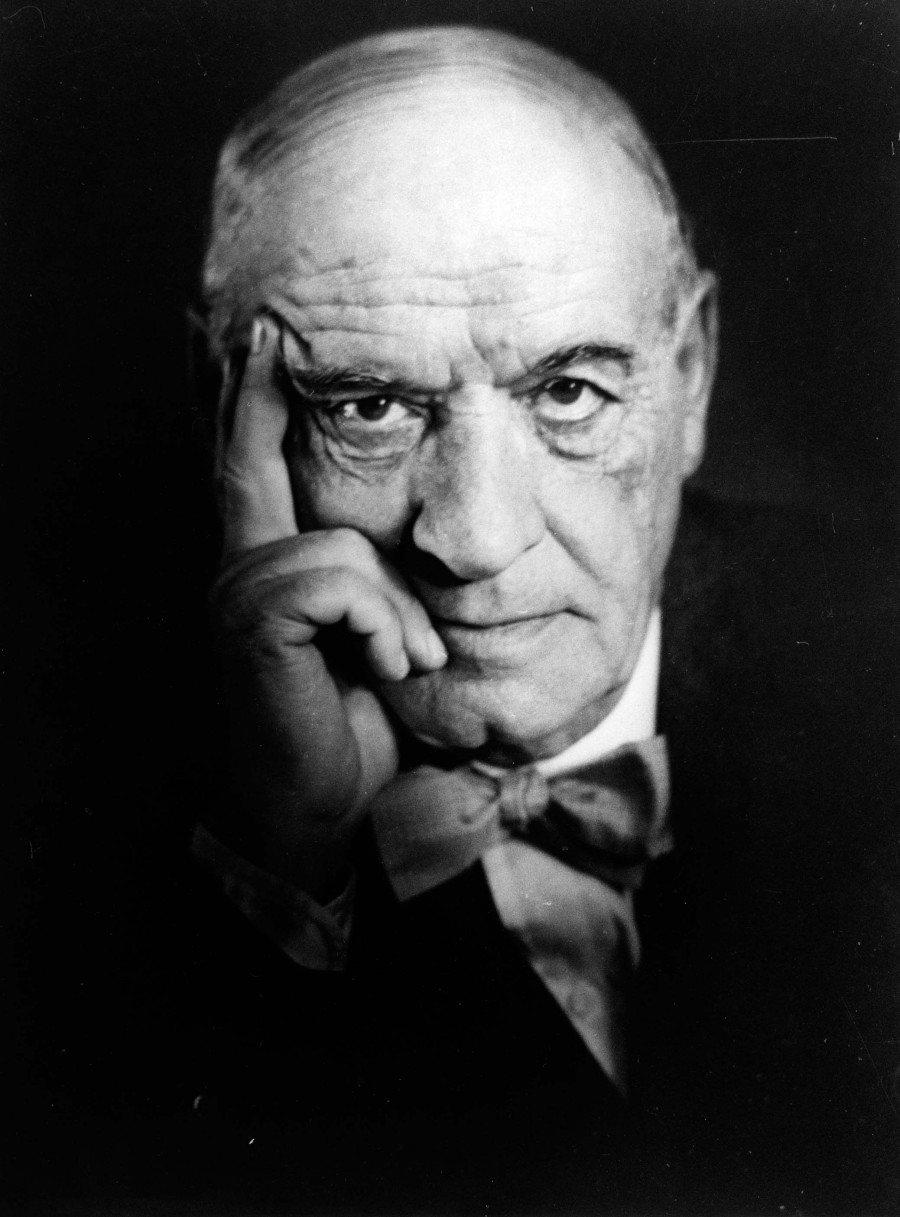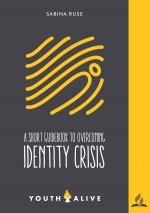The book of Spanish philosopher Jose Ortega Y Gasset is a breath of fresh air. Regardless of how you get to it, you will discover that it is a book waiting to be explored. Of course, the experience of reading it is more like a pleasant and nourishing conversation than a course taught in a stuffy lecture hall. Perhaps this atmosphere is created by the subject discussed in the book. Studies about love can have a pretentious and quite arrogant sound. Especially that today the test tubes and formulas seem to become our guides in the most insignificant areas of our lives. How can you study love and how can you weigh it? I believe, however, that the better question in our case is: is it worth studying love? Is it not fine to let it be an ethereal feeling, one that escapes cold analysis?
These thoughts show us a dimension explored by the Spanish philosopher in the pages of his work: the subject is vast and complex. There are a lot of factors are hiding behind this vague term called love. There are barriers to be lifted, formulas to be restored, and words to be heard. I consider it an inspiring topical book. Today everything seems to lose its brightness and to be captured in a disappointing way. Even love becomes just a simple product of a corporation that seeks to open a new market right on our souls.
And that's why Gasset's book is a strong manifesto. The basic idea? We have not invented love, so we cannot hope for an easy solution to this ancient dilemma. Step-by-step, essay-by-essay, and page-by-page, it is argued for us that there is a reality beyond prefabricated products that have to express spontaneous feelings and calendars that include more than imported or traditional holidays. Love is part of man and transforms man more than he can imagine himself. It can lead civilization to heights that no one has dreamed before (or may have been on the forehead of a being waiting to offer love).
In addition to new concepts and ideas that seem to be unspoken in our minds, what we also like is the style of writing. Ortega y Gasset is an author and writer of excellence. He knows how to use words and impose a certain tempo of ideas. He carries you with him on the paths of his mind, explaining his words and making you think well of what he has presented to you. It may be that not all his ideas have the same ability to gain the value of truth, but what is essential is the break of thought, which can give you a new perspective on the world.
The format of the book is easy to read. It does not contain a unitary text, but a series of articles published in a newspaper and other essays with the related theme of love, as a fact of life and as the engine of human existence. You can choose to read either the essays at the end (with a mention to Romanian poet Ana de Noailles), which comprise different classical literary fragments, or the first pages devoted to understanding this subject so close to our being.
In conclusion, the Studies about Love of Jose Ortega Y Gasset is a book that deserves the attention of any reader passionate about the deeper things of life. With an attractive, easy-to-understand language that encompasses a certain lyricism of concepts, it's a challenging read. At the end of it, anyone can hope that from then on, the world will be viewed a little differently.
Maybe with a little more love.













